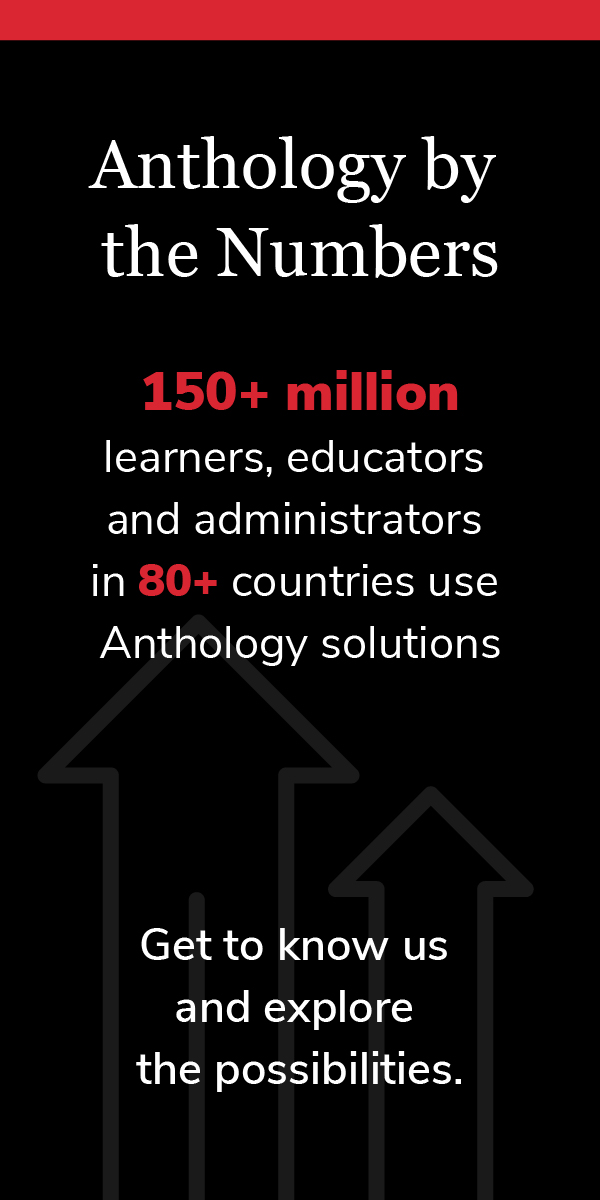Digital and in-person teaching are coming together as the country prepares for a new school year and open borders
There is a renewed sense of openness at Japanese universities as they start their 2022 academic year this spring. For the first time since 2020, Covid rules have been lifted, allowing both international and local students to engage in on-campus, face-to-face learning.
However, two years of online classes have changed how universities interact with students. Leaders from academia and industry told a Times Higher Education round-table event, held in partnership with Blackboard, that hybrid modes of delivery might be the key to transforming the nation’s higher education sector.
Caroline Steel, a strategic consultant for Blackboard, cited her recent research on student experiences during the pandemic. “The most successful elements of digital education were those that thought about it from the learners’ perspective,” she told the panel.
At the most fundamental level, universities needed to create a “digital ecosystem”, in which tools, devices and internet connections were accessible to all. Students also had to feel “safe and supported” in their learning journey, Steel said.
But beyond that, the problem of socialisation was a hard nut to crack. “Something that came through very clearly in my research was that sense of belonging – which is a lot more difficult to do online,” she said.
Naoto Yoshikawa, vice-chancellor of Tokai University, said online learning had its benefits during the Covid shutdown. Domestic students, some of whom live up to two hours away from non-residential campuses, were spared long commutes on crowded trains. Meanwhile, international students who were unable to enter Japan could log in from whatever time zone they were in, thanks to the use of on-demand digital courses.
However, Yoshikawa felt that digital delivery “failed” to create the feel of a real campus, and his “biggest concern” was the lack of multicultural interaction.
“No matter how much we delivered knowledge through lectures, it was hard for us to develop students’ intra-cultural communication skills,” he said. “When students from different countries come together and become friends, they understand each other much better.”
Steel added that “paralanguage” – paralinguistic cues such as tone of voice or body language – could be lost online. Remote delivery also meant that there were fewer “incidental conversations”, such as when a student checks in with a classmate about something unclear in class.
Without access to paralinguistic cues, it became more important to check understanding regularly by using, for example, polls and quizzes during classes.
“It’s also very difficult for faculty to keep up with what their students are feeling,” Steel said.
To overcome the challenges associated with socialisation and creating a sense of belonging, it was critical to design formal and informal opportunities for students to interact with one another, their teacher and the institution. Students, too, can play a role by leading online social events and clubs.
Kazuo Takahashi, vice-president of international affairs at Toyo University, said his institution struggled at the beginning of the pandemic with reaching students digitally.
“Some students use PCs or tablets; others just use mobile phones. Some may or may not have wi-fi at home,” he said. He added that the situation greatly improved after Toyo provided subsidies of ¥50,000 (£330) to ensure that all students had equal digital access.
Takahashi is looking forward to starting the new school year in April with a return to face-to-face classes. This was his “preference”, particularly for smaller classes, seminars and experimental courses. However, Toyo will still maintain hyflex teaching to allow a combination of in-person and digital teaching.
The panel:
- Joyce Lau, journalist, Times Higher Education (chair)
- Caroline Steel, strategic consultant, Blackboard
- Kazuo Takahashi, vice-president of international affairs, Toyo University
- Naoto Yoshikawa, vice-chancellor, Tokai University
Watch the webinar on demand above or on the THE Connect YouTube channel.
Find out more about Blackboard and higher education.






















